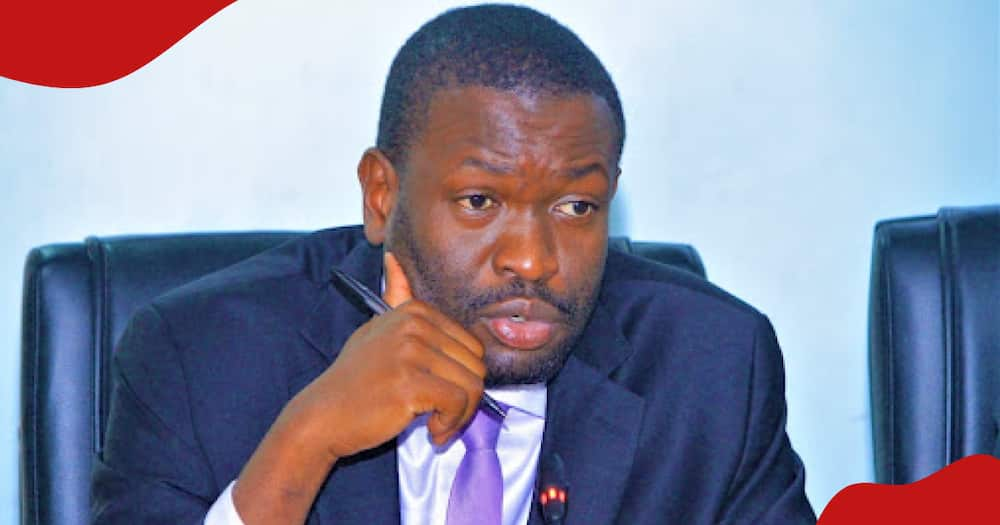Edwin Sifuna, Secretary-General of the Orange Democratic Movement (ODM), has launched a pointed critique of President William Ruto’s recent optimism about achieving gender equality under his Kenya Kwanza government. In a series of tweets, Sifuna contrasted Ruto’s promises with ODM’s track record on women’s representation in politics.
“At ODM, we don’t just make empty promises,” Sifuna stated, highlighting the party’s actions in the last election where all incumbent women Members of Parliament were given direct tickets. He emphasized the party’s commitment to gender equality by waiving nomination and registration fees for all first-time women aspirants in single constituency seats.

Sifuna also pointed to a significant move in Homabay, an ODM stronghold, where the party’s National Chairman made way for a woman to be elected Governor. The ODM has been proactive in nominating young women like Umi Mohammed and Crystal Asige to Parliament, showcasing a dedication to elevating women to positions of leadership.
“We have offered the most concrete proposal to realize the two-thirds gender rule because the first-past-the-post system simply won’t work,” Sifuna tweeted, referring to the constitutional requirement that no more than two-thirds of elective public bodies be composed of members of the same gender.
The ODM Secretary-General’s remarks come hours after President Ruto expressed his intention to mandate that every male UDA party candidate for president must select a female running mate, and vice versa, to ensure gender balance. Ruto’s comments were met with mixed reactions from the public, with some questioning the practicality of such a mandate.
Sifuna’s tweet ended with a veiled jab at the ruling party: “Kuna @TheODMparty alafu kuna wale wa kutenga,” implying a distinction between ODM’s genuine efforts and what he perceives as the ruling party’s superficial commitment to gender equality.
As the conversation around gender parity in Kenyan politics intensifies, Sifuna’s remarks underscore the ongoing debate between parties’ policies and their implementation. With the next general elections on the horizon, the political discourse on gender representation continues to be a pivotal issue.


